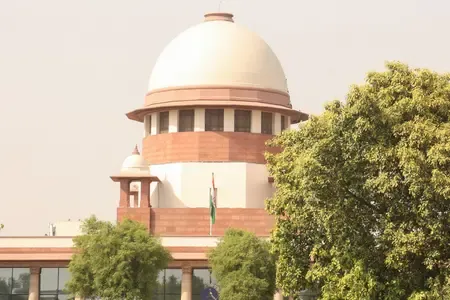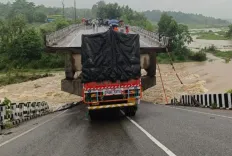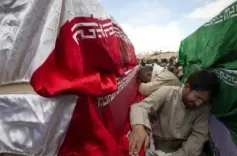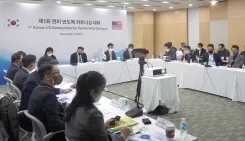Did the SC Overturn the Madras HC Ruling on Tamil Nadu ADGP Jayaram?

Synopsis
Key Takeaways
- The Supreme Court has overturned a Madras HC directive regarding ADGP Jayaram.
- The investigation has been reassigned to the CB-CID for further scrutiny.
- ADGP Jayaram was suspended due to allegations of involvement in a serious crime.
- The case highlights the complexities of law enforcement accountability.
- Legal recourse remains available for the suspended officer.
New Delhi, June 19 (NationPress) The Supreme Court on Thursday overturned a ruling from the Madras High Court instructing the Tamil Nadu Police to "secure and take action" against the now-suspended Additional Director General of Police (ADGP) H.M. Jayaram, in relation to the kidnapping of an 18-year-old teenager.
Due to the controversial circumstances surrounding the case and with no objection from the Tamil Nadu government, a Bench comprised of Justices Ujjal Bhuyan and Manmohan mandated that the investigation be transferred to the CB-CID (Crime Branch-Criminal Investigation Department) for further examination.
The Bench, led by Justice Bhuyan, was considering a special leave petition (SLP) from the senior IPS officer who sought to stay the Madras High Court's directive.
During the hearing on Wednesday, the Supreme Court expressed concern over the suspension order from the Tamil Nadu Home Department and urged the state’s counsel to provide guidance on lifting ADGP Jayaram’s suspension.
“He is a senior police official. What justification is there for his suspension when he is participating in the investigation? This is quite demoralizing," remarked the Justice Bhuyan-led Bench.
After receiving instructions from the Tamil Nadu government, senior advocate Siddharth Dave stated that ADGP Jayaram was suspended due to his alleged involvement in the crime, rather than as a result of the Madras High Court's ruling.
Dave noted that the All India Service Rules allowed for an official's suspension pending the conclusion of the investigation. Recognizing the state government’s position, the top court acknowledged that the petitioner (ADGP Jayaram) could pursue remedies against the suspension order. The Justice Bhuyan-led Bench also directed the Chief Justice of the Madras High Court to reassign the abduction case to a different Bench.
On Monday, Tamil Nadu Police took ADGP Jayaram into custody as he exited the Madras High Court and transported him to Thiruvalangadu police station for questioning.
The senior IPS officer is accused of facilitating the kidnapping of a minor boy by allegedly providing his official vehicle to a group involved in forcibly separating a couple.
The abduction case revolves around a complaint filed by a woman named Lakshmi, whose elder son had married a woman from Theni district against her family's wishes. The couple reportedly went into hiding out of fear of retaliation. In an attempt to locate them, members of the woman’s family, allegedly aided by hired men, stormed Lakshmi’s home and abducted her younger son in their absence. The boy was later discovered abandoned near a hotel, injured and traumatized.
Further investigation indicated that an official vehicle linked to ADGP Jayaram was allegedly utilized in the kidnapping, prompting the Madras High Court to take swift action against the senior IPS officer.
On Tuesday, the case reached the Supreme Court, where Justices Bhuyan and Manmohan agreed to hear the SLP on June 18. His lawyer stated: "Yesterday, an ADGP rank officer was arrested based on the Madras High Court's directive. The SLP was filed today at 10 a.m. Please list the matter for urgent hearing."
The SLP presented to the apex court argued that there was no substantial evidence to justify his custodial interrogation, and the "arbitrary and prejudicial directions" were issued without due process, infringing upon his fundamental rights to equality before the law and the protection of life and personal liberty.
Significantly, the state government conveyed to the Supreme Court on Wednesday that ADGP Jayaram was not arrested because he had cooperated with the investigation.






